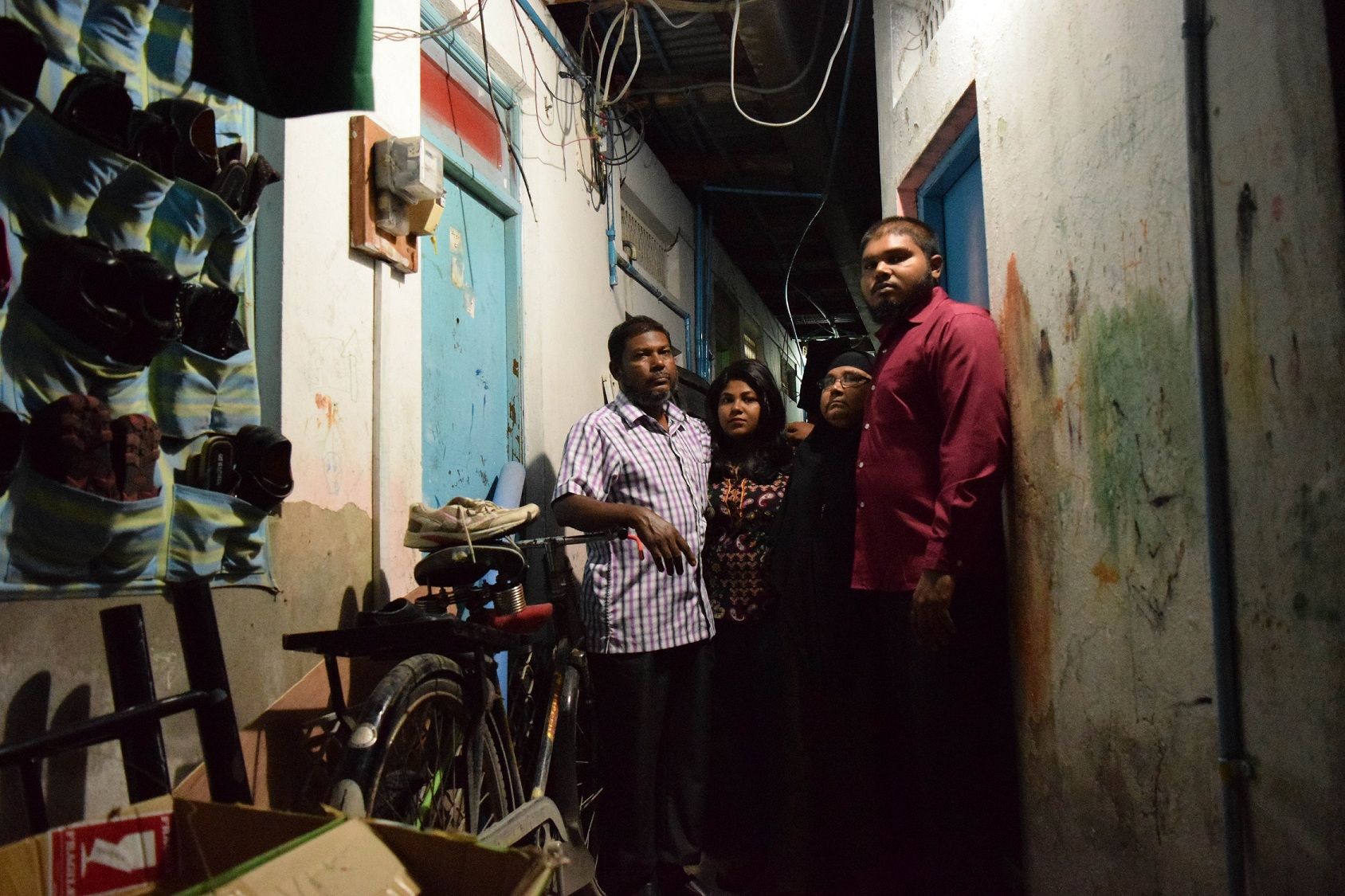Families of death row inmates in the dark on planned executions
The UN human rights chief added his voice to the death penalty abolition cause in the Maldives on Tuesday, giving hope to the family and lawyers of death row inmates facing imminent execution. But they say the government’s silence worries them.

10 Aug 2016, 9:00 AM
The families and lawyers of three death row inmates, who are at risk of imminent execution, said they are yet to receive any news from the government on its plans to enforce the death penalty.
President Abdulla Yameen is facing immense pressure to reinstate a six decade old moratorium on the death penalty, a cause to which the UN human rights chief, Zeid Ra’ad Al Hussein added his voice on Tuesday.
“The Maldives has long provided important leadership on global efforts to bring an end to the use of the death penalty, so it is deeply regrettable that a series of steps have been taken to resume executions in the country,” he said in a statement.
His appeal adds to that by four other UN human rights experts, human rights groups, the European Union and foreign governments.
Become a member
Get full access to our archive and personalise your experience.
Already a member?
Discussion
No comments yet. Be the first to share your thoughts!
No comments yet. Be the first to join the conversation!
Join the Conversation
Sign in to share your thoughts under an alias and take part in the discussion. Independent journalism thrives on open, respectful debate — your voice matters.




